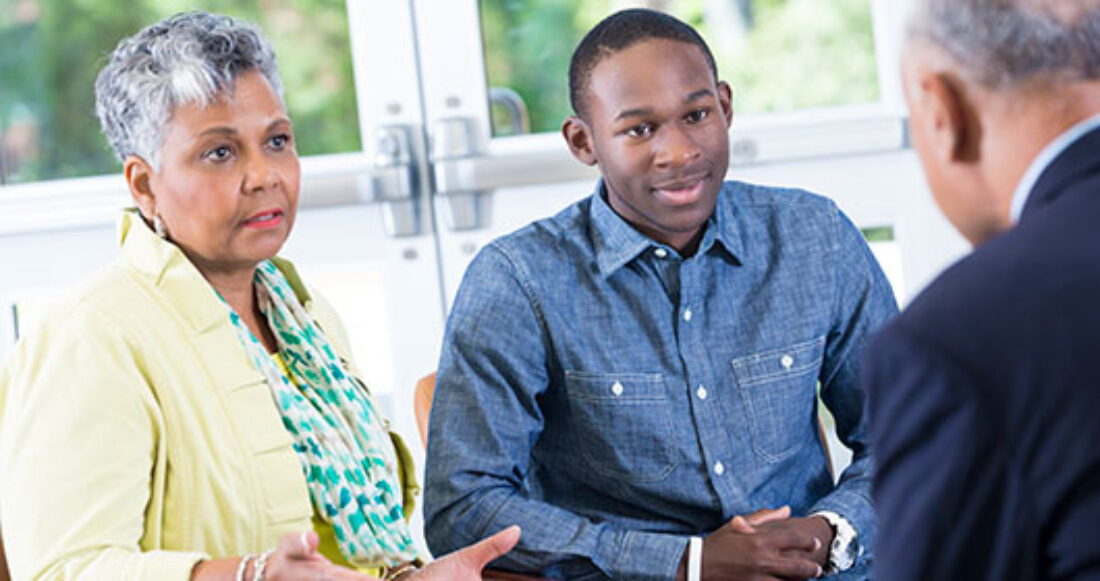Juvenile Justice Systems Find New Ways to Engage Families

Families are a young person’s primary emotional, social, cultural and spiritual resource. Yet when a young person gets in trouble with the law, family members often are left on the sidelines instead of being engaged by officials to help.
Across the country, the Casey Foundation is working with juvenile justice systems that have found promising ways to incorporate family engagement and partnership strategies to boost outcomes for kids.
For example, Virginia’s Department of Juvenile Justice (DJJ) is offering transportation to families to encourage visits to their youth in state-run facilities, listening to families through a series of focus groups and establishing a family council and family bill of rights. It sees a larger role for families in informing and enhancing its process for helping kids return to the community. DJJ has piloted training for probation and parole staff about partnering with families in their communities.
On the other coast, the Juvenile Court in Pierce County, Washington,has formed a family council made up of young people— now age 18 and older— and families that have been affected by the juvenile justice system. Pierce County also offers family-led meetings for young African-American men on high-risk probation.
In Ohio, the Lucas County Juvenile Court has launched a family navigator program, based in part on a program in the Bronx, New York, developed by Community Connections for Youth. The goal is for families new to the court process to benefit from guidance and support from more experienced peers.
The St. Louis City Juvenile Court in Missouri is identifying and including everyone in a youth’s support network as part of a team approach to helping young people on probation. And the Juvenile Court is hosting monthly family dinners.
The Camden County, New Jersey Superior Court, along with four community-based partner organizations, has conducted multiple focus groups with families and presented the findings and recommendations to key system stakeholders.
The Foundation is working with experts — such as those at the Vera Institute of Justice and Justice for Families, a technical assistance provider, whose leaders have themselves had family members in the juvenile justice system — to broaden awareness of family engagement and partnership strategies.
“No one cares more about the success of individual kids in the system than their families,” says Nate Balis, director of the Foundation’s Juvenile Justice Strategy Group. “Families have too much to offer to be ignored or cast aside as villains [by systems]. In fact,it is often necessary for a parent or relative to buy into a treatment plan before a young person takes his or her program to heart.”






